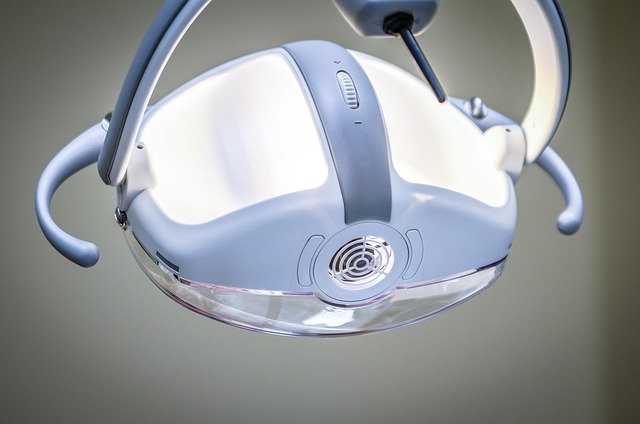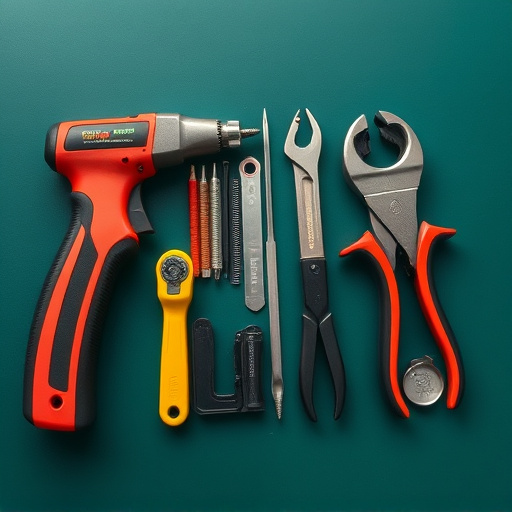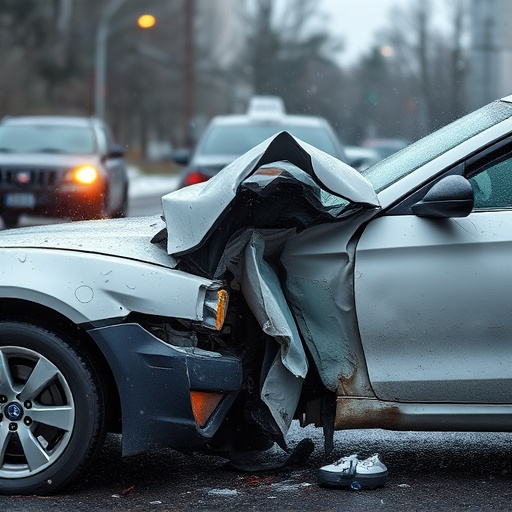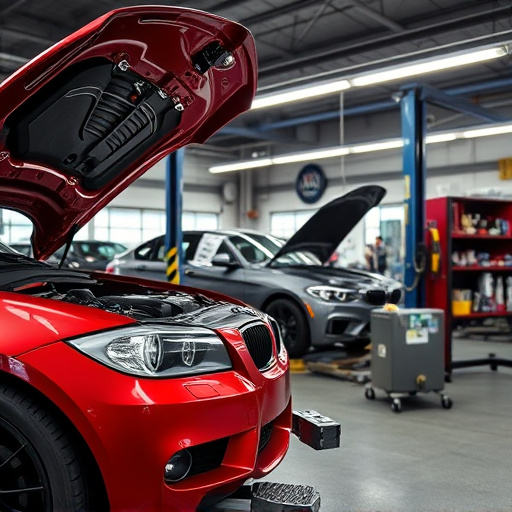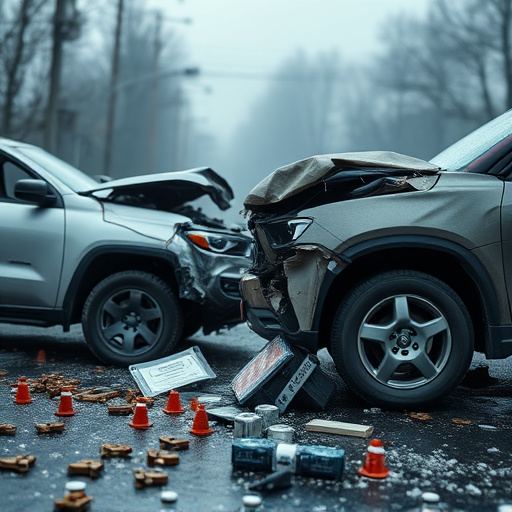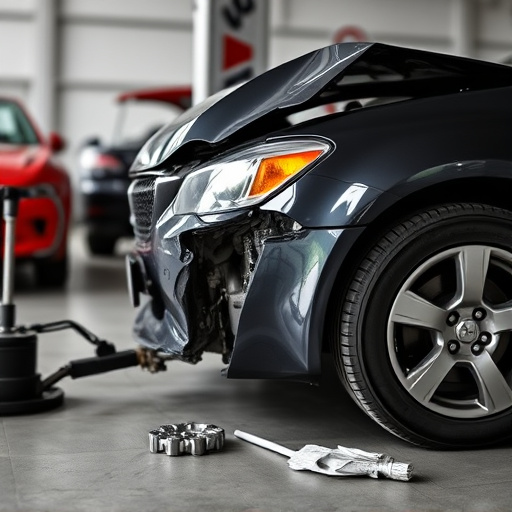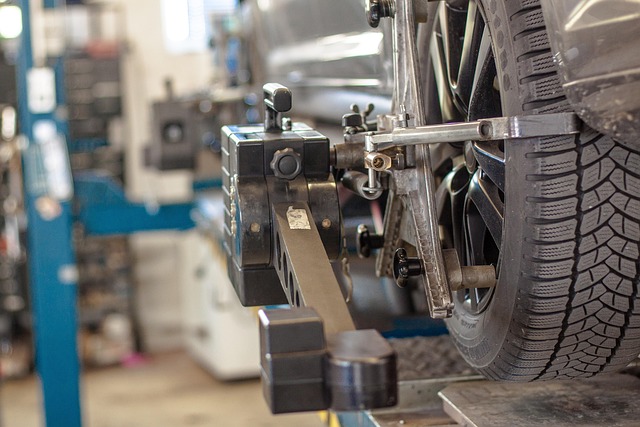Frame repair certification requirements vary widely across US states due to economic and regulatory differences, with stricter guidelines in automotive-focused regions and more lenient or non-existent standards elsewhere. Standardization aims to enhance consumer trust and repair quality but faces challenges from varied state regulations, requiring a balance between national consistency and local adaptability.
Is frame repair certification mandatory across all states? This comprehensive guide explores the varying requirements for frame repair professionals, shedding light on the current landscape of certifications in the automotive industry. We delve into the legal perspectives, comparing mandatory and voluntary standards, and analyze the benefits and challenges associated with standardized frame repair certification. Understand the importance of certification in ensuring quality repairs and consumer protection.
- Frame Repair Certification Requirements Across States
- Mandatory vs. Voluntary: A Legal Perspective
- Benefits and Challenges of Standardized Certification
Frame Repair Certification Requirements Across States

The requirements for frame repair certification vary significantly across different states in the United States. While some states mandate specific certifications for technicians performing frame repairs on vehicles, others have more lenient regulations. This disparity is largely due to the varying levels of automotive industry development and consumer protection enforcement among states.
In many cases, states that heavily rely on the automotive industry for economic stability tend to have stricter certification guidelines for car bodywork, including frame repair. These certifications often involve comprehensive training programs and practical examinations to ensure technicians possess the necessary skills for safe and effective vehicle bodywork repairs, such as car dent repair. Conversely, states with less stringent regulations may only require basic training or even no formal certification at all for frame repair work, assuming the technician has proven experience in the field.
Mandatory vs. Voluntary: A Legal Perspective

In many jurisdictions, the requirement for frame repair certification varies based on whether it’s considered mandatory or voluntary. From a legal standpoint, mandating frame repair certification ensures that only skilled and competent technicians work on vehicle structures, enhancing safety standards. This is particularly crucial in industries where precision and expertise are vital, such as auto glass repair, dent repair, and car body restoration.
Voluntary certifications, on the other hand, offer advantages like increased consumer protection and enhanced professional reputation for those who opt for them. While some states may not currently mandate frame repair certification, many are reevaluating this policy in light of evolving safety standards and the increasing complexity of modern vehicle designs.
Benefits and Challenges of Standardized Certification

The implementation of standardized frame repair certification across all states presents both advantages and challenges for the automotive industry. On one hand, uniform certification requirements ensure a consistent level of expertise and quality in vehicle repair services, fostering consumer trust and confidence in car body shops offering such specialized services. This standardization can also streamline the process for insurance claims and warranty repairs, as certified technicians adhere to recognized standards, reducing potential disputes between workshops and insurers.
However, challenges arise from the varying needs and regulations of different states. What works as a comprehensive certification program in one state might not fully address local industry nuances or specific vehicle models prevalent in another. Adapting certification programs to accommodate these regional variations can be complex and costly for both certifying bodies and repair shops, especially smaller independent car body shops offering specialized frame repair services. Balancing national standards with local adaptability is crucial to ensure the effectiveness of frame repair certification while maintaining a competitive and accessible automotive service sector.
While there’s no universal mandate for frame repair certification across all states, the benefits of standardization are clear. Implementing mandatory frame repair certification could ensure consistent quality and safety standards in auto body repairs, ultimately protecting consumers and fostering trust in the industry. Further research and collaboration between state regulators and industry professionals are essential steps towards a more uniform and competent automotive repair landscape.

